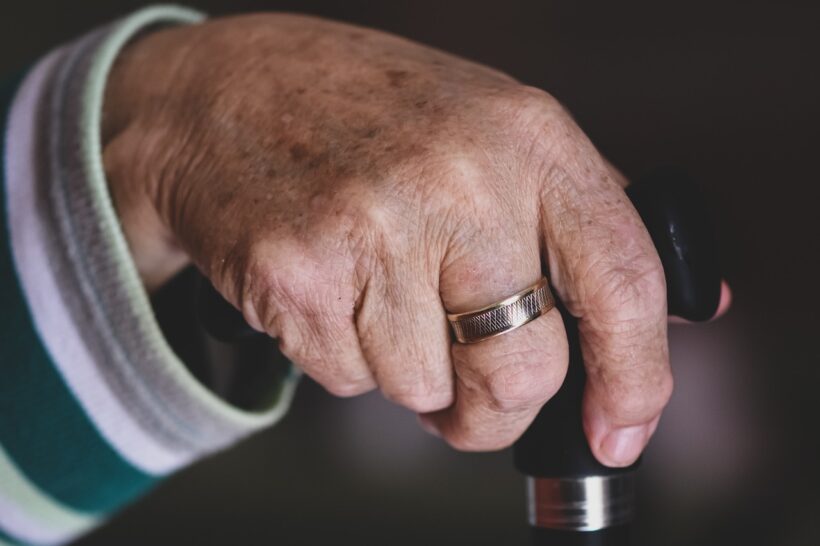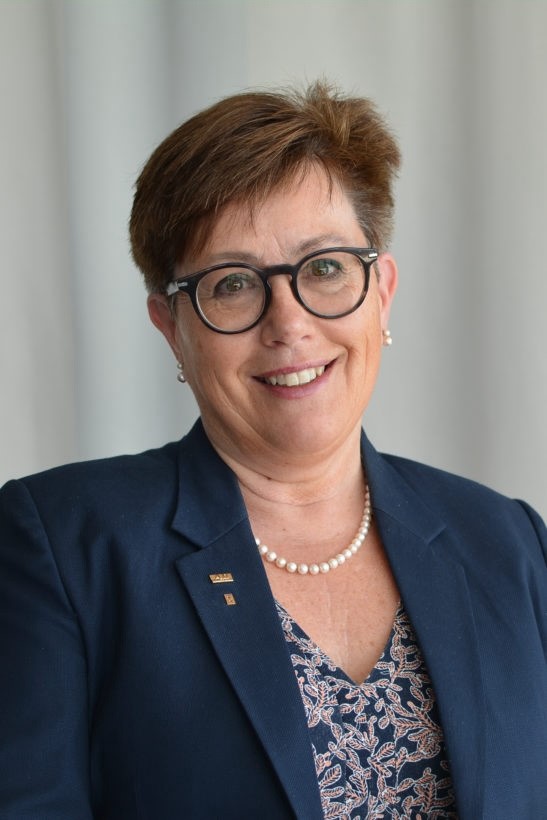
2024-11-25
Violence against older women must be prevented!
There are large gaps in knowledge about violence against the elderly in both elderly care and health care. Zonta's Margareta Munge requests concrete measures.
In the important fight against men's violence against women, we often forget the elderly, women over 65. This is despite the fact that older people who are exposed to violence are often an extra vulnerable and exposed group who can also be exposed to violence by others than family members, for example care staff and neighbors in special housing.
Starting on November 25, the UN's 16 days to draw attention to violence against women begins. During these days, we at Zonta want to draw particular attention to violence against older women.

The Equality Authority recently came out with the report "A dignified life – to grow old protected from violence". The mapping shows that there are large gaps in knowledge about violence against the elderly in both elderly care and health care. It is therefore important that employees who meet people in these areas are regularly trained about exposure to violence and the use of violence.
Knowledge about violence against older women is severely lacking in many municipalities.
When procuring the municipalities' home care and special accommodation, it must be ensured that the employees have good knowledge of violence against the elderly. Regardless of whether the activities are run by private or municipal actors, competence on violence against the elderly must be decisive in order to be allowed to run home care and special accommodation.
It should also be borne in mind that four out of five elderly people today do not have any interventions from elderly care. When it comes to intimate partner violence, an important factor is that many older women are in a strong position of dependency after spending several years in unpaid work with low pensions as a result. It is also shameful for these women, who grew up in a time when divorce was taboo, to divorce. Elderly victims of violence may also be afraid of losing contact with adult children and grandchildren and of loneliness. Therefore, increased information efforts aimed at the elderly about what violence is and where they can turn for support are needed.
Knowledge about violence against older women is severely lacking in many municipalities. JÄMY's mapping and proposed measures are a step in the right direction, but we at Zonta International now want to see concrete measures from Sweden's municipalities to prevent and prevent violence against older women.

Margaret Munge
Governor of District 21, Sweden-Latvia, Zonta International


